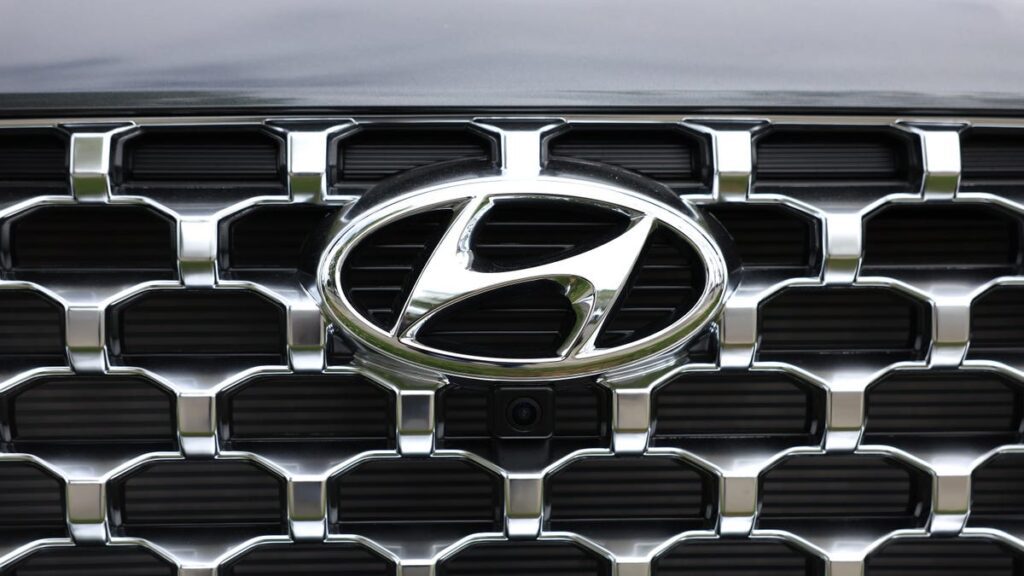This Canadian Regulation Could Stop Hyundai And Kia Car Thefts In The U.S.

After a TikTok trend taught teens how to easily break into and steal a car built by Hyundai or Kia between 2011 and 2021, auto thefts have skyrocketed here in the United States — but you might have noticed that our neighbors up in Canada, who have very similar cars, aren’t being swept up in the Kia Boys plague. Why? Well, Canada was smart enough to design one simple regulation that make cars harder to steal, Vice reports.
Nick Offerman On The Freedom Of Getting An Airstream RV
Vice has been delving into the whole Hyundai/Kia theft debacle for a while now, and Jalopnik alum Aaron Gordon has repeatedly returned to one question: Why doesn’t the U.S. have this very super-simple anti-theft regulation?
There is no one good answer, really, but Gordon notes that it all come down to “how its regulatory agencies think about crime prevention — which is to say, in some cases, not at all.”
Canada, by contrast, noticed in the early 2000s that car thefts hd doubled over the previous two decades. As a result, a federal agency declared that all passenger cars sold in Canada must feature an engine immobilizer. Basically, that means that in order to start the car, you have to have the key nearby, because the immobilizer only relents when it senses the unique electronic signature contained within the key.
As Gordon notes, immobilizers don’t prevent all car thefts, but the $25 part drastically reduced the number of thefts. Unfortunately, Gordon can’t find any reason why America wouldn’t have implemented this very similar regulation:
For the last three months, I’ve been trying to find an answer to a basic question at the heart of this theft wave: Why didn’t the U.S. follow Canada’s lead and mandate immobilizers, too?
[…]
This has been a very difficult question to answer. I’ve asked the National Highway Traffic Safety Administration (NHTSA), the U.S. regulatory agency responsible for such regulations, which only responded to written questions on background—a stipulation Motherboard didn’t agree to—and declined repeated attempts to schedule an interview. I’ve tried to talk to former NHTSA employees familiar with the rulemaking process, most of whom wouldn’t agree to speak for this story, or would only do so off the record. There are also few to no experts on anti-vehicle theft regulations in the U.S., because there is almost nothing on the books to be an expert on.
The best answer, for now, appears to be that it never occurred to anyone at NHTSA to require immobilizers.
Yikes.
The full story is over on Vice, and you should definitely give it a look. As with all of Gordon’s work, it’s chock full of research and history in order to understand why the U.S. wouldn’t bother to implement one of the simplest anti-theft measures in automotive history.



